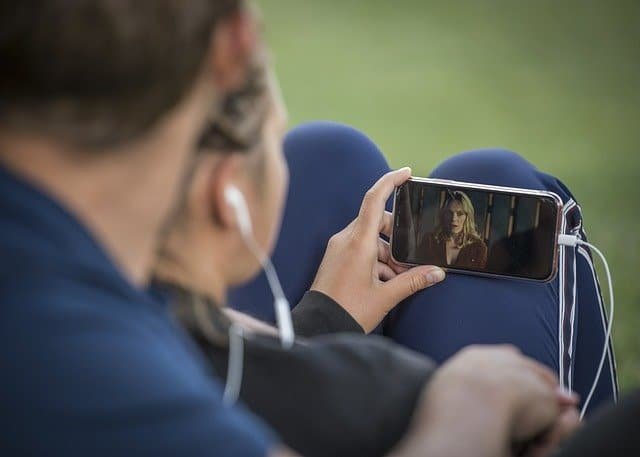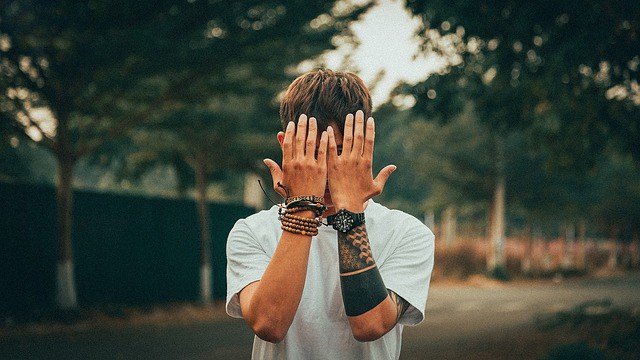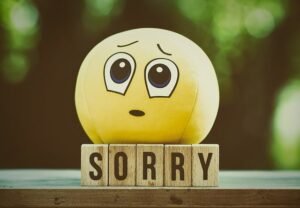Are R-rated Movies Safe for My Kids?
Films were first rated by the Motion Picture Association of America (MPAA) in 1968, as a means of minimizing censorship of filmmakers while also alerting parents to potentially objectionable content in films that were about to be released.
They classify R-rated films into the following categories: “contains some explicit sexual content Families with small children are encouraged to study more about the film before bringing their children to see it.”
Although the movie rating system is a decent one, there are several problems in the way it differentiates between different films. In 1984, the PG-13 classification was established to bridge the gap between PG and R-rated films. Apparently, the release of “Indiana Jones and the Temple of Doom” and “Gremlins” in that year necessitated the need for a new grade.
What a parent believes is a suitable movie for their kid, on the other hand, may vary significantly from another parent’s opinion, which in turn may differ significantly from what the MPAA believes is appropriate. That is why it is critical to thoroughly read each and every rating review. It will provide more information on why the movie is labeled R – it might be as simple as a few curse words or as complex as sequences of violence, terror, or other elements.
Regardless of whether or not a parent believes the material is acceptable for their kid, they must take efforts to assist them in filtering out the violence and adult content in the film. Sites such as Common Sense Media will provide parents with a full breakdown of the material included in the movie as well as an age recommendation for watching it.
What do the experts have to say?
Jean West, a social worker who spoke with News Press Now, said that R-rated movies might be a source of concern. ‘I speak with a lot of children who have had trauma, and it’s amazing to hear them describe an event such as seeing a violent movie as being distressing,’ she explains. “It definitely had a significant impact on them and continues to have an impact on them.”
While it may be more difficult for parents to prevent their children from viewing sex and violence on television or the Internet, psychologists believe that bringing their children to see graphic movies at the theater serves as a symbolic thumbs-up for the content they are witnessing.
“I believe that parents are more inclined to take their children to R-rated films. ” “Perhaps in previous years, we would have exercised more prudence,” Ms. West admits. “I believe the boundary has been crossed in terms of what we believe children are capable of seeing.”
East, the director of the Northwest Missouri Children’s Advocacy Center, concurred with West’s opinion.
West is a former state representative. “It does have an impact on them. As a result of what they see and learn, she adds, “it becomes part of who they are as a result of what they are experiencing.”
Estes further explained that she often sees parents allowing their children to watch R-rated video because they believe their children will not be affected by it, and this is due to a lack of knowledge on their parents’ part. Children, on the other hand, do not have the capacity to filter out or understand what the movie is teaching, according to her. They have the ability to be shaped.
According to a research published in 2010 in the journal “Prevention Science,” R-rated and violent movies encourage youngsters to experiment with alcohol at a young age due to the glorification of alcohol, as well as to become desensitized and aggressive.
Even Hollywood filmmakers have expressed their alarm about the situation. “Bill and Ted’s Excellent Adventure” director Stephen Simon believes that children should not be forced to see R-rated films.
“I do not believe in censorship in any form.” I’ve worked on a number of ‘R’ rated films myself.
“I simply don’t believe that parents should compel their children to see the type of violence, vulgarity, and/or graphic sexuality that may be found in ‘R’ rated films,” Simon said in a blog article.
What happens if your youngster watches an R-rated film?
If you do allow your kid to see an R-rated film, be sure to sit down with them and talk about what they saw and how to respond properly to it. Discuss the character’s behaviors and whether or not they are appropriate. It is preferable to have open dialogues rather than trying to completely shut out all harmful content. It is possible to find a happy medium with the expectation that a discussion of the content will follow.
As Ms. West explains, “I will sometimes advise their parents to supervise what their children are seeing and to discuss the subject with them so that the kid will be able to digest it.” “Some of my children attempted to keep it from their children. However, I did not agree with this and continue to do not agree with this since this just increased their want to attend the movie. When they notice it, they go someplace else and you are unable to track them.”
“You sit with them and watch movies. As Ms. Estes explains, “you get excellent movies and you get good programs. You watch stuff that are good for (children) and you speak about it with them.” “You do it as a family,” says the author. “I think that’s about the best you can do.”
There is a reason why R-rated films are not acceptable for the majority of youngsters.
The imagery and words used in these films have a lasting impact on young children. Even for some young teenagers, these films are difficult to digest, and they should be examined in depth. You should always view a movie personally before allowing your children to see it if you are in any doubt.
Are R-rated Movies Safe for My Kids?





